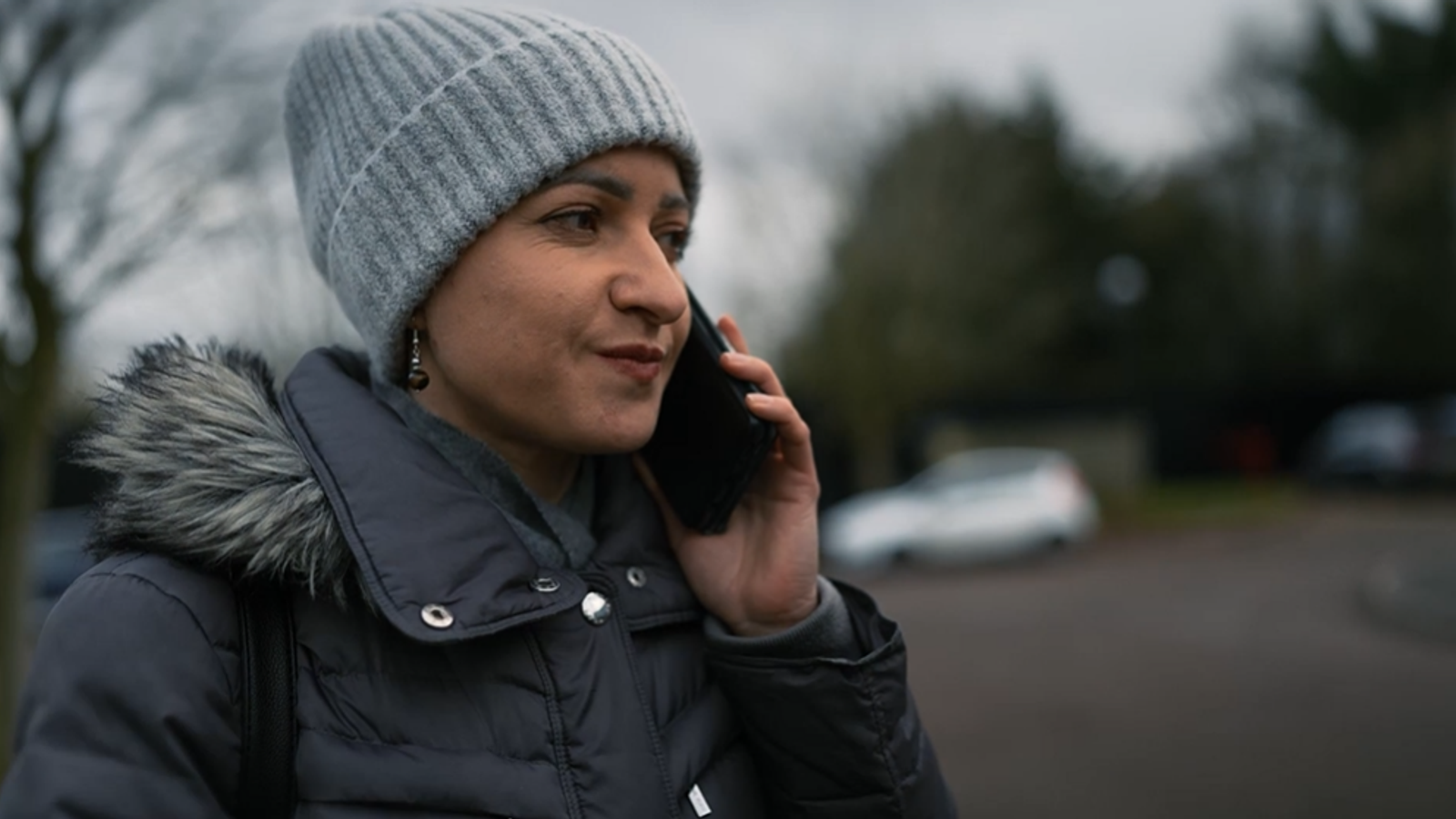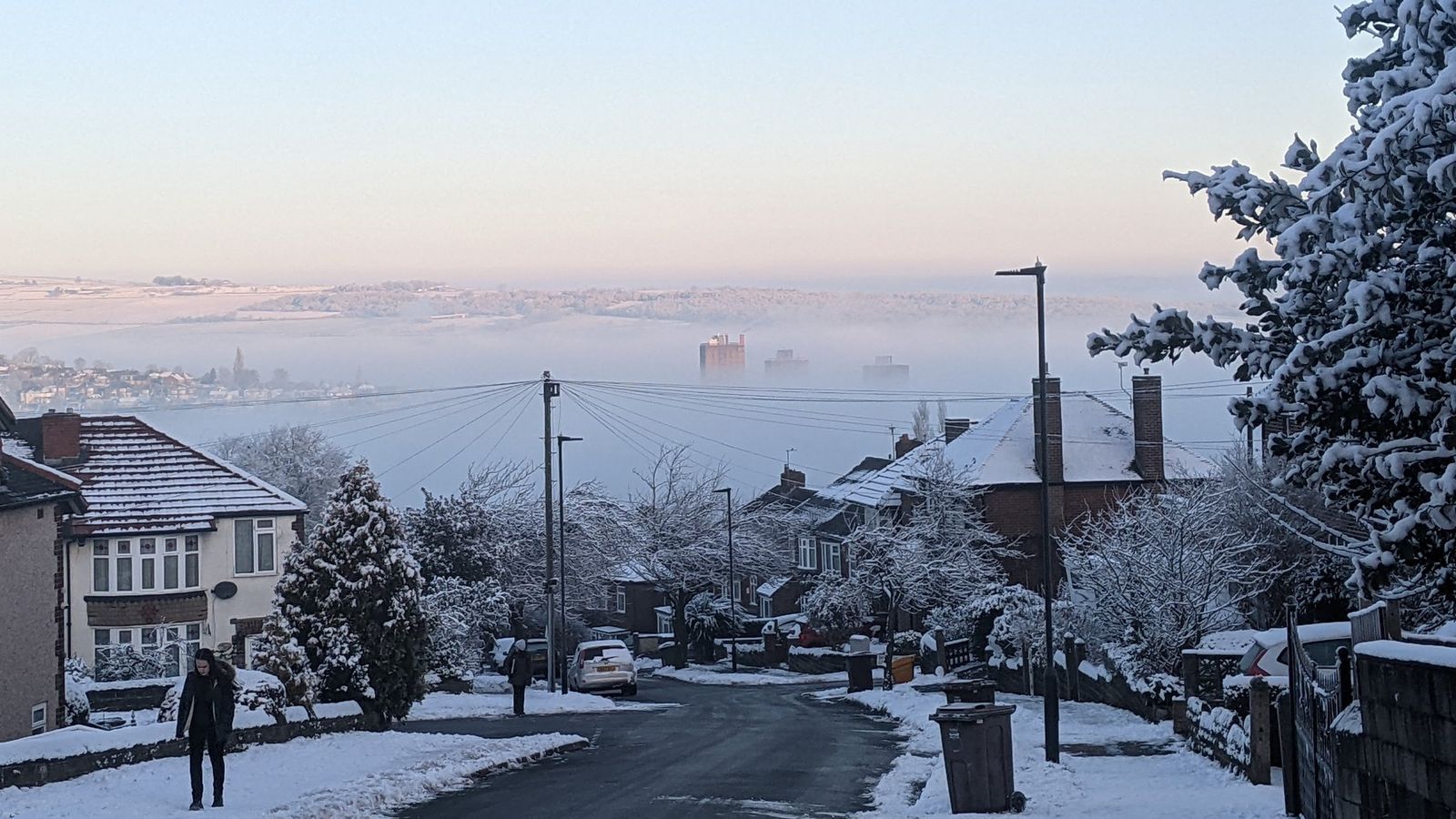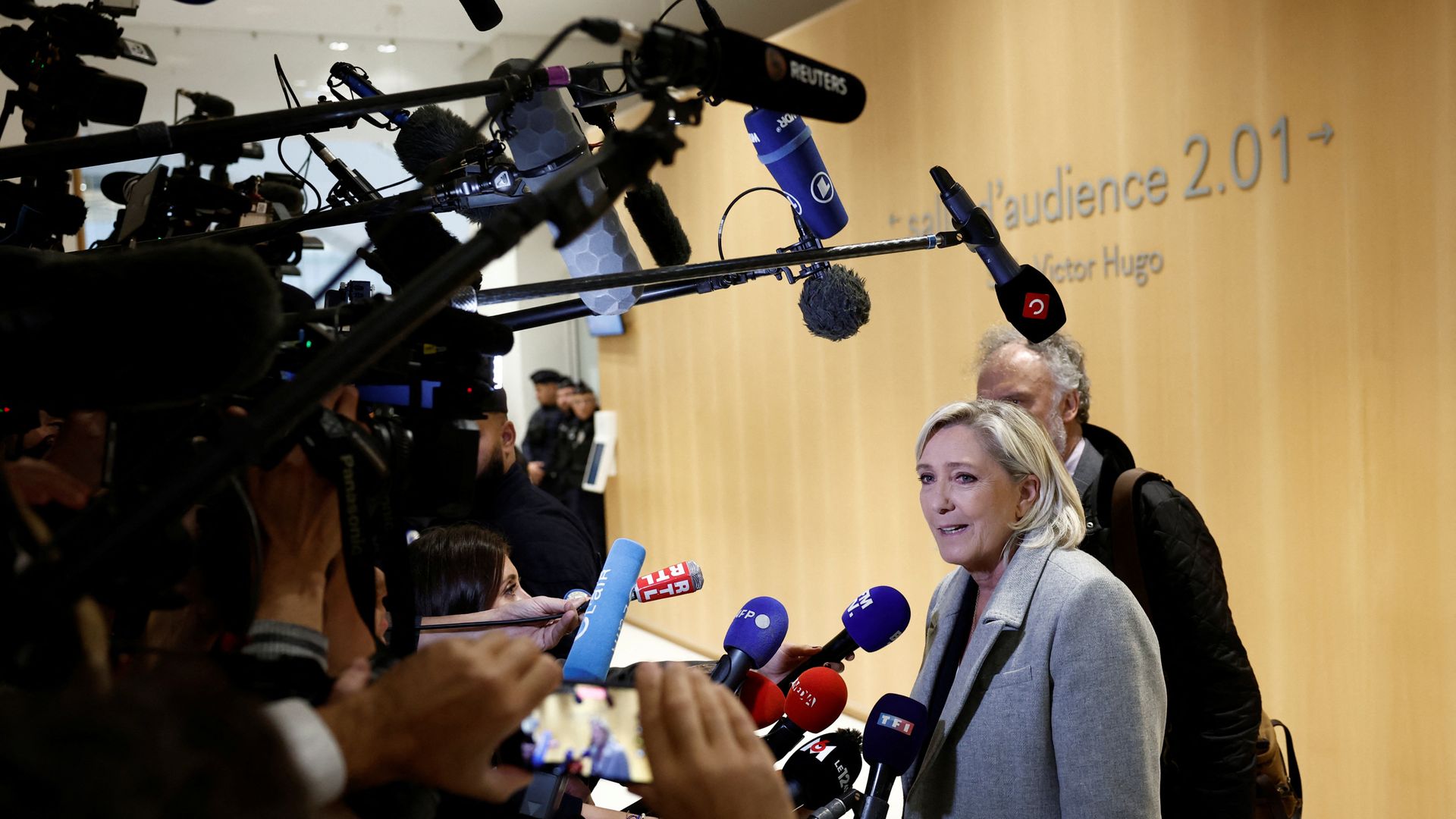Nine months after arriving in the UK, Ukrainian refugee Anfisa Vlasova is searching for somewhere to spend the night.
“I’m just trying to move on and survive,” she says.
Britain opened its doors to Ukrainian refugees on visa schemes last spring.
Now it’s a cold, drab day in early February and Anfisa is facing the unthinkable – she is homeless.
Anfisa has been desperately ringing around charities, the local council and anyone she knows trying to find a place to stay for the night. There’s disappointment after disappointment.
But her search for somewhere suitable is complicated by the fact that Anfisa has four dogs who’ve travelled thousands of miles with her from a war zone. And she refuses to be separated from them.
Ukraine war latest – Putin travelling in armoured train because he is ‘scared’ to fly
Hugging each of her mini Yorkshire terriers Betsy, Nora, Daisy and Teddy it’s obvious just how much they mean to her.
Anfisa says: “They are my emotional support. I already lost everything in the war.”
We’re in Bracknell in Berkshire and it’s getting dark.
There is an 11th-hour solution available – she could go to a bed and breakfast provided by the local authority. But her dogs would have to be put into kennels, which Anfisa isn’t prepared to let happen.
Anfisa appears to have run out of options when help comes from an unexpected quarter.
Also looking for accommodation she meets some of Bracknell’s homeless community who take her to a local church.
The House of God wasn’t where she was expecting to spend the night.
“I’m so tired and exhausted because all day just running, calling, searching. So at least I got a roof and it’s warm and I got a meal and my dogs are with me,” she says.
Anfisa, who promoted cosmetics in Ukraine, was displaced twice in her home country first from Donetsk in 2014, then she fled from Kharkiv as it was being shelled last year.
She describes the way she’s now living hand-to-mouth as “deja vu”.
Anfisa came to the UK last May to live with a British family on the Homes for Ukraine scheme.
She then went to a second host – an elderly man who Anfisa says wanted her to be his carer and companion.
She’s also stayed in an apartment provided by the council and a bed and breakfast.
She’s still looking for a permanent home for herself and her dogs.
But whilst Anfisa’s situation is unusual the number of Ukrainian refugees needing help with housing is rapidly rising.
The latest figures show 161,400 refugees are in the UK on visa schemes following the Russian invasion of their country a year ago.
Whilst 46,900 Ukrainians came to stay with family members, most travelled on the Homes for Ukraine Scheme which required British hosts to take refugees in for a minimum of six months.
Available data analysed by Sky News shows 4,295 Ukrainian households are now turning to local councils for somewhere to live after their placements on the Homes for Ukraine Scheme ended.
Click to subscribe to Ukraine War Diaries wherever you get your podcasts
Not all local authorities have provided figures and with councils only tracking ‘households’ not people within a household, the actual number will be even higher.
There has been no data collected on Ukrainians who came as part of the Family Visa Scheme.
With no end to the war in sight – most of the Ukrainian refugees we’ve spoken to are parting on good terms from their hosts but now want some independence and a place of their own.
But for most it’s proving difficult.
Tatiana Miller, Ukraine Response Coordinator at Refugee Support in Reading, says housing is the biggest issue for the people she sees.
She says half of the Ukrainians at the support group will need new accommodation in the next month or two – and renting is proving very difficult.
She says: “The main message is we need compassionate landlords and we need local authorities to work with estate agents to accommodate that.
“The time has come when they (the refugees) need their space back.
Read more:
War in Ukraine has wiped out half of Russia’s modern battle tanks, say experts
NATO’s focus is on heavy weapons and training – not sending fighter jets
“But for Ukrainian people to look for alternative accommodation that means they need to rent and to rent they need a job or have a credit history.
“And Ukrainians don’t have the amount of salary that’s expected.”
Former history teacher Kateryna Korniienko clearly gets on well with her hosts Fiona and Richard Marston who took Kateryna and her two children in on the Homes for Ukraine Scheme.
She says: “It’s a very good place for us, but it’s not our house, it’s not our property, so every time I remember that I’m just a guest here and I should be polite. I want to keep their life the same as what it was before.”
Whilst Kateryna’s husband Andrew is still in Odesa, Kateryna has started working in Berkshire as a teaching assistant and her children are at a local school.
Be the first to get Breaking News
Install the Sky News app for free
In Ukraine, Kateryna was a lecturer and history teacher but Fiona says her guest’s qualifications aren’t recognised in the UK – part of the reason why Fiona is keen to help Kateryna move on by standing as a financial guarantor on a rental property.
Fiona said: “I think for all of us we don’t want to go on like this forever.
“But for us, it’s more ‘what does Kate want?’
“So my understanding is that what Kate wants is as normal a family life as she can have. And so for her, that means living independently.
“There is that balance, isn’t there, that we can suddenly not have to worry about when our family comes to stay. But yes I’ll miss them.”
But Anfisa Vlasova – who spent a night in a church with her four mini Yorkshire terriers – hasn’t found the breakthrough she’s looking for.
Since we last met she’s had several nights sleeping rough.
She shares photographs with us of the tent she shared with her dogs.
When temperatures plummeted she was offered a place in a hotel but her pets would have had to go into kennels – which she refused.
Anifsa told us before she became homeless she had been offered accommodation by the council for her and her pets – but she turned it down as unsuitable.
In one case she said it was because it was a room with a family who had a cat.
She said: “I just want to hide, you know? Under my blanket, closing my eyes, imagining I’m at home, in my bed, in my flat and I’m just hiding under the blanket at the place which I feel is my own space.
“Since I came here, just I had six months of quite peaceful life with my host family and I am really very appreciative to those people but later on, it’s a nightmare.”






